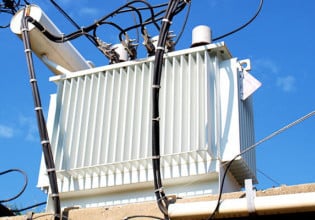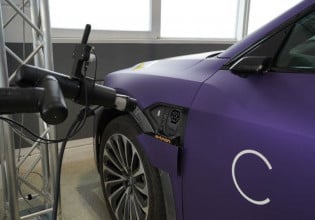Surface-Mount Releasable Poke-In Wire Connector targets Lighting
TE Connectivity announces its new low-profile, surface-mount technology (SMT) releasable poke-in wire connectors. Addressing the trend for increased simplicity of wire termination and ease of proper assembly, TE's new solderless connectors simplify multiple wire terminations using poke-in technology. Their unique release mechanism allowing for multiple wire insertions often required for component testing, final assembly and field/factory service. The wires can be replaced without complex disassembly or damage to the release mechanism during activation.
“The SMT releasable poke-in connectors’ release mechanism is integral to the terminal and recessed below the top side of the connector to prevent inadvertent activation or breakage during wire insertion,†said Alex Hunt III, product manager, TE Intelligent Buildings. “Activating the release mechanism is easily accomplished with a ballpoint pen or small screwdriver tip rather than requiring an additional tool, which can be time consuming.â€
These new connectors are available in 1, 2 and 3 positions and accept 18, 20 and 22 AWG solid and stranded wires. The low-profile design has a flat top surface that allows for SMT vacuum pick-up. Rounded corners minimize light obstruction and shadowing. The connectors are available in tape and reel packaging for high-speed SMT and thru-hole processing.
The connectors operate at temperatures from minus 40 Celsius up to 130 Celsius, have current ratings of 9A on 18 AWG wire (5A on 20 – 22 AWG wires), and can withstand voltages up to 600VAC/DC. They feature RoHS compliant and UL 94 V0 rated high-temperature-resistant thermoplastic material. Their contacts are constructed using a high-conductivity copper alloy with tin over nickel plating. Redundant SMT pads prevent peeling and are side-by-side stackable with pads on 4mm centers.
The SMT releasable poke-in connectors are best used in LED lighting controls, general illumination LED modules for fixtures, interconnecting strings of printed circuit board based LED light modules, and various non-lighting applications that require connecting wire leads to printed circuit boards.






